Members directory

Dr
Nonito
Pages
My research interest rely on the role of arthropods in the transmission of pathogens of Veterinary and Public Health relevance.
My experience as entomologist is based on the study of biting midges and mosquitoes of the Palearctic and Neotropical regions. My main domains of expertise include vector taxonomy, genetic-barcoding, bloodmeal host identification, distribution and diversity of species communities, surveillance and epidemiology of vector-borne diseases and experimental infections of vectors to study vector-pathogen interactions.

Professor
CHIRANJIB
PAL
Development of prophylactic/ therapeutic leads against visceral leishmaniasis.
Transmission biology of leishmaniasis.
Leishmania-sandfly interactions.
Influence of non-vector bite on the transmission of vector-borne infectious diseases.
Vector gut-microbiota

Mr
ARJUN
PAL
I work on molecular taxonomy of Culicoides spp to elucidate species complexes.
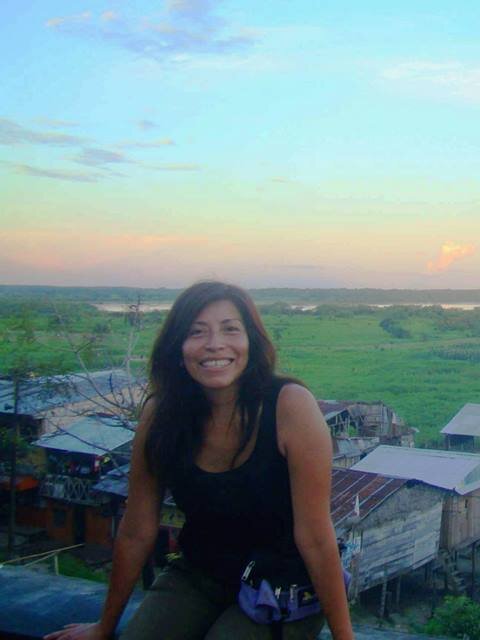
Dr
Claudia
Paredes-Esquivel
Vector-borne pathogens, PCR-based diagnostics, Parasites, Molecular phylogenetics, population genetics
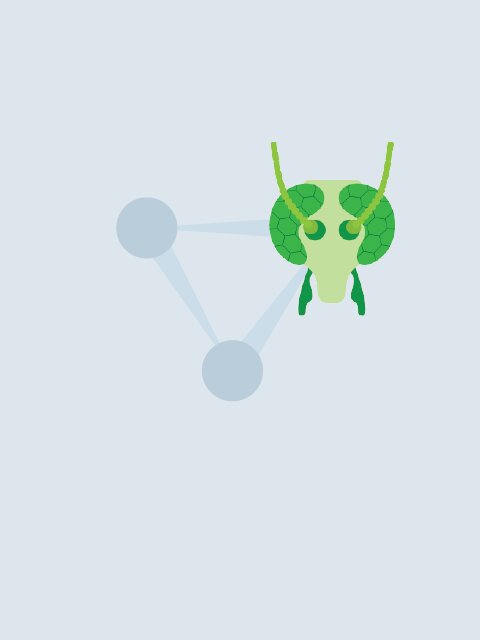
Anca
Paslaru

Miss
Gabriela
Passos

Dr
Nilotpol
Paul
Biology and taxonomy of Biting Midges, specially immature taxonomy, egg taxonomy of Culicoides

Miss
Patrícia
Paulino

Dr
Angélica
Pech-May
Genetic diversity, populations genetics and phylogeography in Phlebotomine sandflies
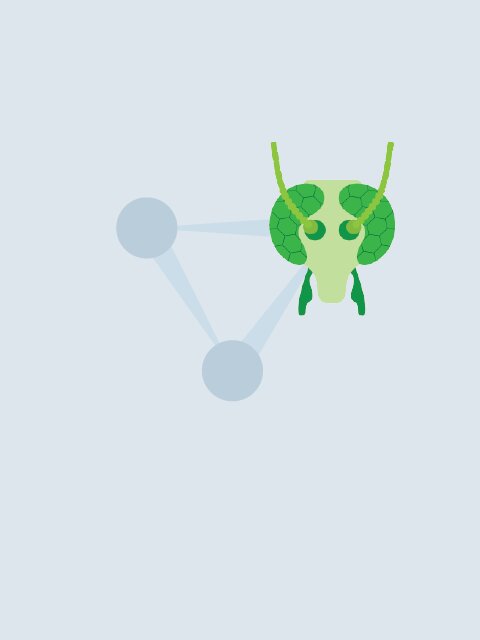
Miss
Sarah
Peers
age grading Culicoides

Dr
Renato
Pereira de Souza
Graduated in Biological Sciences, with bachelor's degree from the University of São Paulo (1997). PhD in Sciences in the Epidemiology concentration area, Faculty of Public Health, University of São Paulo (2013). He is currently Scientific Researcher VI of the Adolfo Lutz Institute at the Regional Laboratory Center XII - Taubaté. I have been acting mainly in the phylogenetic analysis and molecular evolution of zoonotic pathogens, developing research in molecular epidemiology, phylogeography and philodynamics. I am interested in the ecology of arboviruses, hantaviruses, arenaviruses, leishmaniasis, trypanosomiasis and malaria, studying the geographical distribution of vectors and reservoirs and the development of spatial distribution models such as ecological niche modeling. I am also interested in understanding the ecological, virological and molecular factors behind the emergence of new pathogens and the process of pathogen sharing between animals and humans.
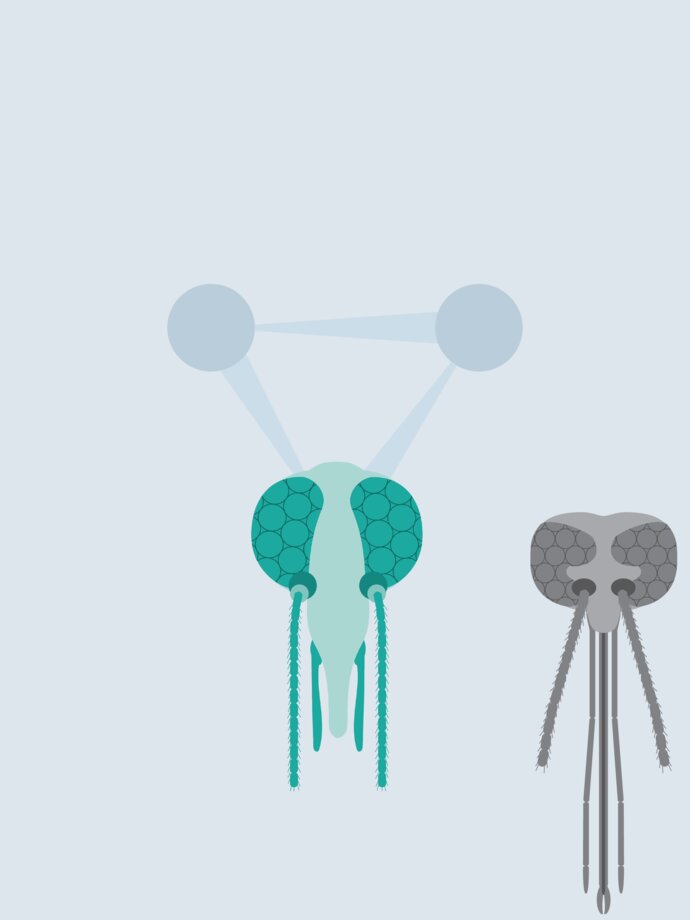
Dr
Poppy
Pescod
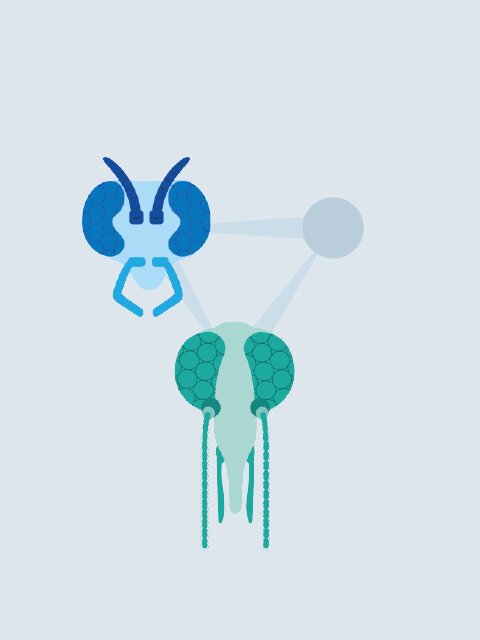
Dr
Yoenten
Phuentshok
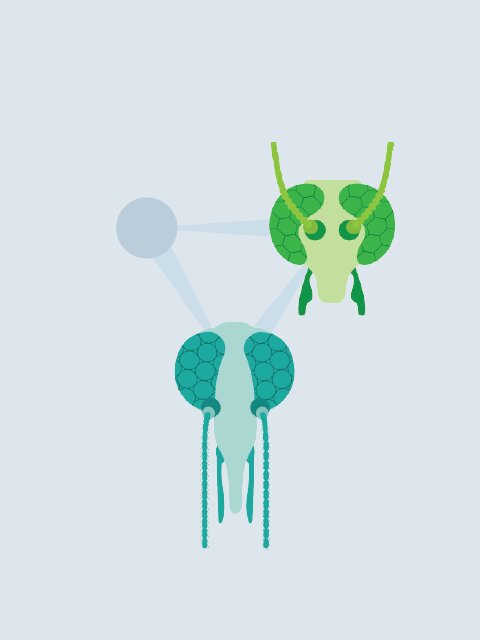
Professor
john
pickett
Chemical ecology of haematophagous insects including chemical characterisation of natural signals mediating behaviour and development e.g. the first identification of mosquito and sandfly pheromones and developing sustainable production systems for their use, particularly of pheromones and host related attractants and repellents.
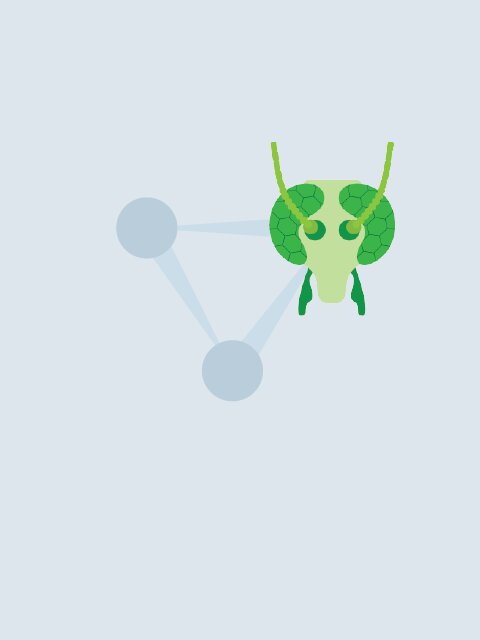
Mr
Jack
Pilgrim
veterinary entomology, endosymbionts, epidemiology

Mr
SOUMABROTA
PODDAR
Many districts in West Bengal are endemic for Kala-azar. The number of cases are rising every year. Despite of performing Indoor Residual Spray in the endemic areas, there are abundant sandflies found during the post-IRS entomological survey. The reason behind this can be attributed to their change in habitat & resting places, increasing resistance against insecticides, poor management of patients leading to increased transmission of the disease and many more to discover. if these problems are addressed, will lead to change in the guidelines in the management of sandflies in an effective way.
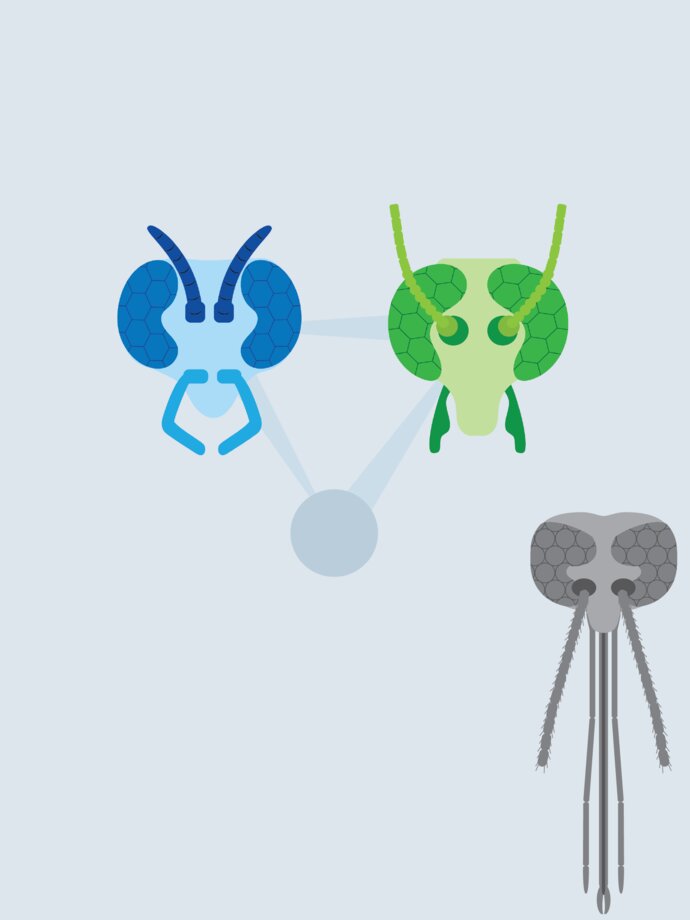
Catherine
Poole
Diagnostic and chemotheraputic targets of filarial parasites. In addition, I am interested in the intersection between the nematodes and insects: the molecular systems nematodes have evolved in order to use insects as vectors as well as the mechanisms insects use to minimize infection by parasites.

Dr
Rory
Post
Genetics, Taxonomy, Natural History, Vector Biology, Onchocerciasis Elimination
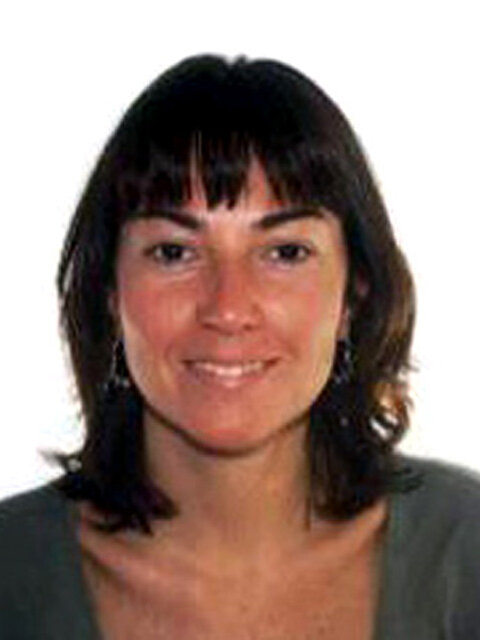
Dr
Cristina
Pou-Barreto
In the Medical Entomology Laboratory of the ULL we work mainly in mosquitoes, specifically in monitoring invasive mosquitoes and in pathogens of mosquitoes. However, it is of interest for us, to know more about these families of vectors, biting midges, blackflies and sandflies, presents in our area (Canary Islands) and to train staff in these topics.

Mr
Sean
Prosser
Molecular biology, next generation sequencing, phylogenetics, DNA barcoding.
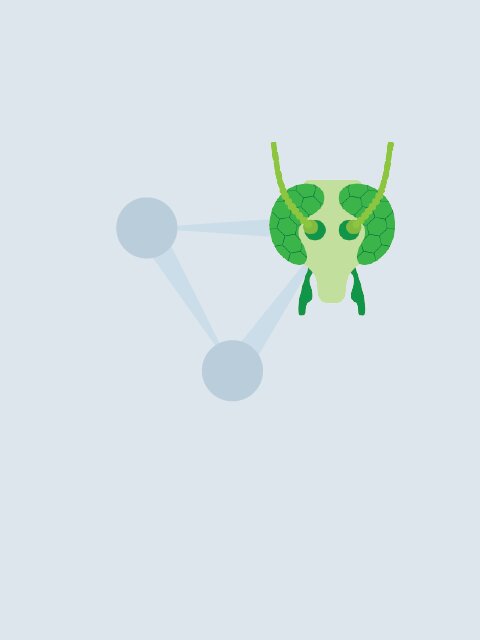
Dr
Bethan
Purse
Environmental change
Zoonotic diseases
Vector-borne diseases
Ecological modelling
Epidemiology
